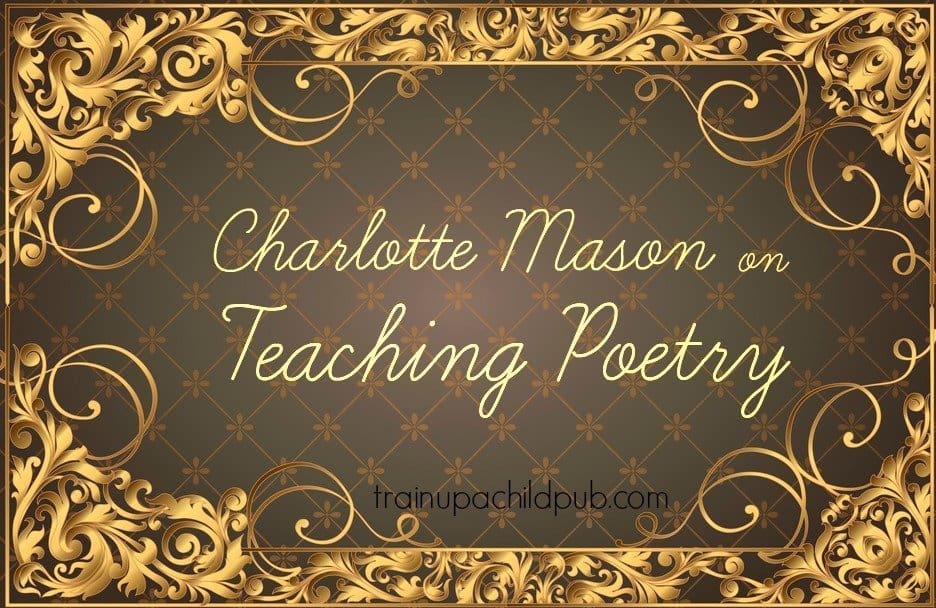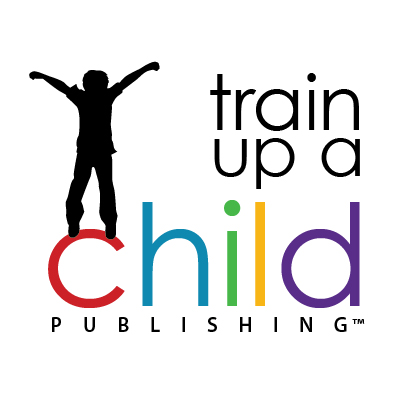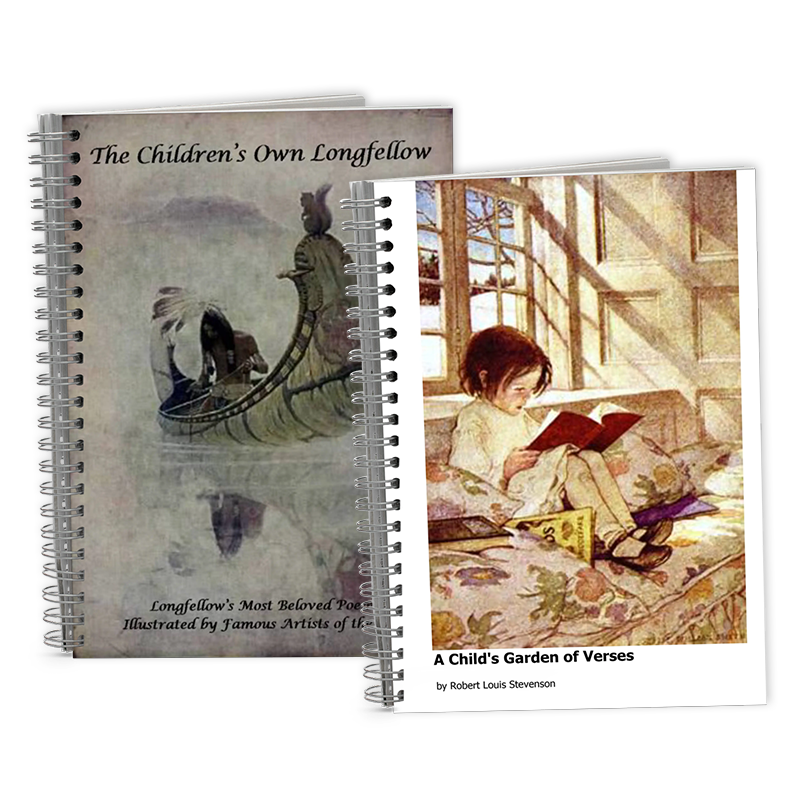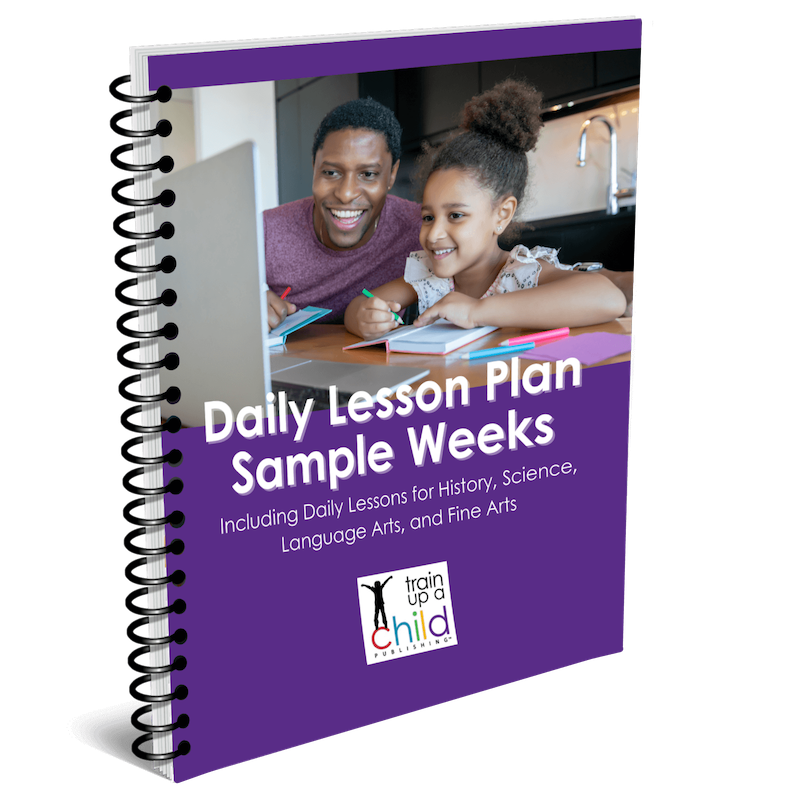Charlotte Mason on Teaching Poetry

Do you cringe at the idea of studying poetry? It’s not nearly as difficult as you might believe. Read this synopsis of Charlotte Mason on teaching poetry to find out exactly what to do:
Following Charlotte Mason’s methodology, you don’t actually have to formally “teach” poetry, particularly at young ages.
Trying to dissect and analyze every word of a poem is not what Charlotte Mason had in mind. Like when reading a book or studying nature, her emphasis was largely on the experience of the poem… the relationship formed by the reader or hearer.
The thing is, to keep your eye upon words and wait to feel their force and beauty; and, when words are so fit that no other words can be put in their places, so few that none can be left out without spoiling the sense, and so fresh and musical that they delight you, then you may be sure that you are reading Literature, whether in prose or poetry. ~Charlotte Mason, Vol. 4, Chapter 12, p. 41
The economy of words, the vicarious experience of sights and sounds, the beauty of poetry, can be easily neglected or missed with too detailed an examination, particular for your younger students!
Here’s the how-to: Charlotte Mason on Teaching Poetry
First, read it. Read it aloud. Make it part of your day.
You can make it a special part of your week as well, as everyone can come together, bringing a favorite poem for a weekly “poetry read aloud,” accompanied by tea and cookies. (Food makes everything more infinitely more interesting to little ones, you know — and big ones, too, for that matter!)
Make it an event! Use the china!
But how do I choose the poems?
Readings in literature, whether of prose or poetry, should generally illustrate the historical period studied… ~Charlotte Mason Vol. 6, p. 340
Our Unit Programs and our Daily Lesson Plans study poets and their poetry in conjunction with the historical period in which they lived and wrote.
Like literature, poetry can spark your imagination so that you are there, in your mind’s eye, watching an historical event as it unfolds. If you doubt this, dramatically read “Paul Revere’s Ride” to your children! The first two stanzas are below, just to give you a taste…
Paul Revere’s Ride
by American poet, Henry Wadsworth Longfellow
Listen, my children, and you shall hear
Of the midnight ride of Paul Revere,
On the eighteenth of April, in Seventy-five;
Hardly a man is now alive
Who remembers that famous day and year.
He said to his friend, “If the British march
By land or sea from the town to-night,
Hang a lantern aloft in the belfry-arch
Of the North Church tower as a signal light,–
One, if by land, and two, if by sea;
And I on the opposite shore will be,
Ready to ride and spread the alarm
Through every Middlesex village and farm,
For the country folk to be up and to arm.
Can’t you just see it as it could have happened?
This is a perfect poem to read during your study of the American Revolution.
The poem in its entirety is available, illustrated, in one of the two free e-books we give you for subscribing to our mailing list! Read more here.
Can we do anything else other than read the poetry?
Absolutely! There are many things you can do:
- Choose a stanza (or more) for copy work
- Have your children provide an oral or written narration of the poem, just as you would for other literature
- Have your children illustrate the poem
- Choose poems for memory work
- Copy pertinent poems into nature journals
- Learn about some different poetry forms, such as Haiku, epic, lyric, sonnet, acrostic
- Write your own poetry
- Have your older children write a narration in a poetic form
Some of our favorite poetry books:
Here are some of our favorites, beginning with books for your youngest.
Do you regularly incorporate poetry study into your homeschooling? How do you do it? Tell me in the comments!











